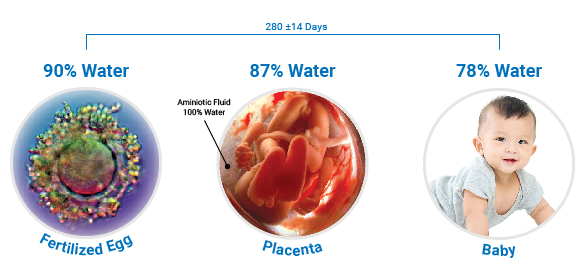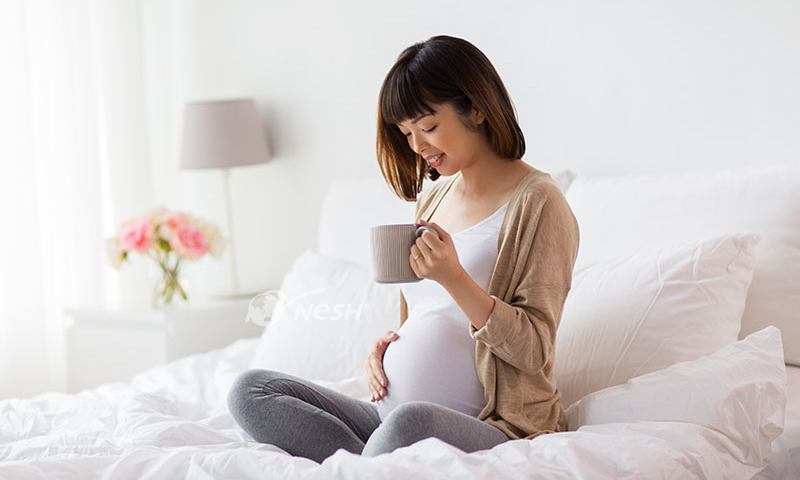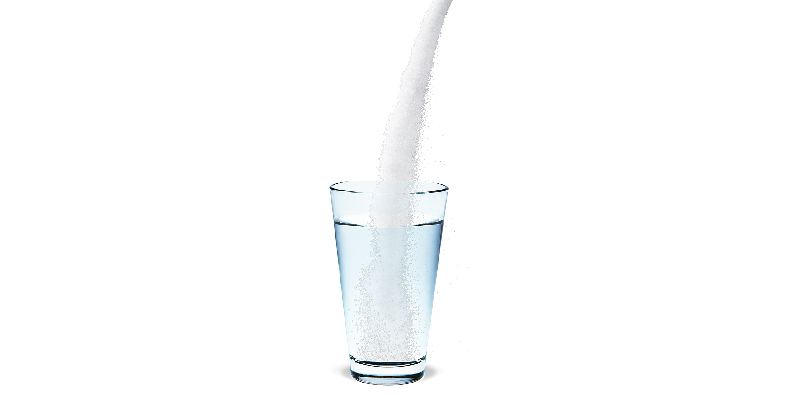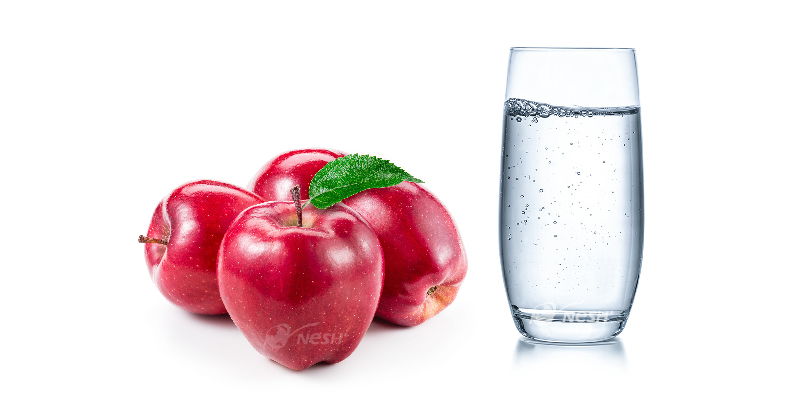In our previous blog, we shared that water is one of the most important substances on earth, and all living things can’t live without water.
Humans have tried many efforts to search for other planets as potential human habitat and the search is still going on because the water source that can sustain life is yet to be found. We can live on the earth because water is almost everywhere, and 71% of the earth is covered with water. Here goes the saying “where there is water, there is life”.

Our body carries different percentages of water content at different stages of life. Newly born babies are very much moist, 78% of their body is water. However, by the age of one, the water content drops to about 65%. Correspondingly, adult men are about 60% of water while adult women 55%. By time reaching the golden age, the water content is roughly half only. As we age, the water in us actually reduces gradually.
When we look deeper into the life that is formed in the mother’s womb, we can see that the water content in the human embryo is about 90%, the placenta is about 87% and the amniotic cavity is almost 100%. The amniotic fluid is the fluid that surrounds the baby in the womb, which is very important for the baby’s protection and development.
Water is very much needed during the pregnancy not just to form the amniotic fluid, but also to produce extra blood, build new tissue, carry nutrients, enhance digestion, flush out wastes and toxins.
That is why an expectant mom must drink sufficient water to keep her body hydrated in sustaining proper growth of the baby and herself.
Dehydration during pregnancy can lead to below serious complications:
Low amniotic fluid
Deficiencies in nutrients
Affects the production of breast milk
Kidney stones
Swelling
Birth defects
Urinary tract infections
One crucial point to ponder is the quality of water that an expectant mother drinks during the pregnancy, as it may affect the health and development of the baby. The water should be clean and free from contaminants and harmful substances.







